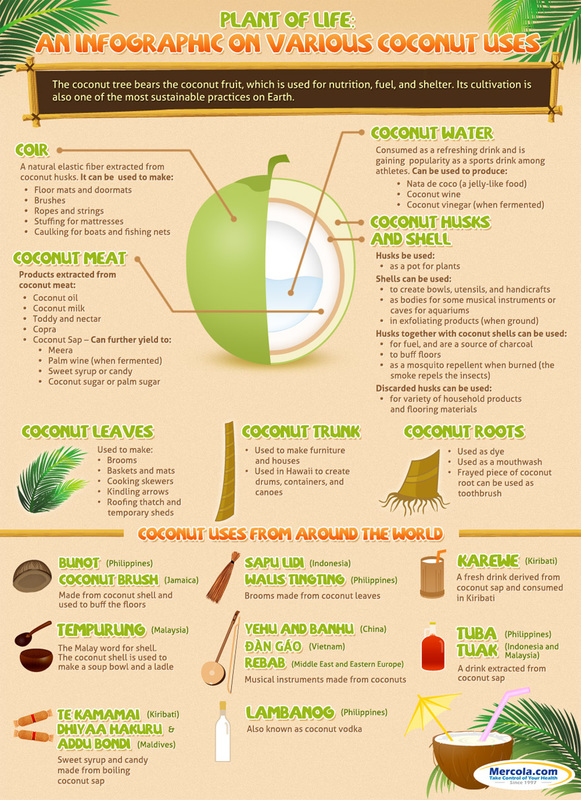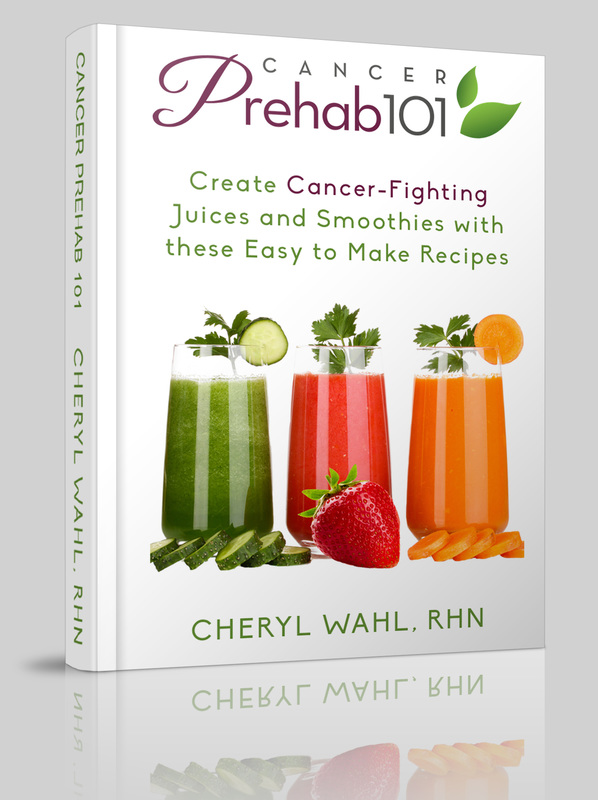 Oh, I'm having so much fun with these national food days, why didn't I start them earlier! This one is a good one, who doesn't LOVE strawberries (unless you're allergic to them I guess). I got the following information from foodimentary.com. They had some interesting facts and history on the strawberry:
0 Comments
It’s almost here! Saturday’s a BIG day for me! For the past couple of months, I’ve been training for the Spartan race and it’s this Saturday June 6th. For those that don’t know what this is, it’s an obstacle course race that’s a 5, 10 or 15 km run with 15-20 obstacles spread throughout. It’s tough, it looks a little scary, but I’m excited. As a fitness instructor and nutritionist, I need to stay in shape. I don’t know about you but for me, I need to have a goal and a schedule to stay on track. At the beginning of the year, my friend Diane and I decided to organize a group of people into a team and train together every week. I added in a weekly nutrition information program and here we are! One product that I have come to love over the past couple of months, and is a staple in my house, is the mighty coconut. Did you know that the survival of ancient civilizations has a lot to do with the types of food they live off? It's no wonder many ancient foods, like quinoa and the coconut of the Pacific Islanders, have all the nutrients to sustain these societies. These foods are now called super-foods in today's society, in contrast to villainous fast foods. However, these super-foods super-foods were considered the norm by history's most productive civilizations. Coconut is a superfood in a class by itself because it contains saturated fat – yes, the fat we've all been told to avoid like the plague! There was a time when this tropical fruit was shunned for being high in saturated fat, but research has vindicated the coconut revealing that it contains a type of saturated fat that is beneficial to health. How can that be? The answer lies in the length of the fatty acid chain. Here's a quick lesson in chemistry 101 (if science isn’t your thing, skip to the next paragraph, I won’t tell). Fatty acids are composed of a long chain of carbon and hydrogen molecules. The number of carbons determines the length of the fatty acid while the number of hydrogens determines the level of saturation. In the body, longer chain fatty acids have been found to have negative health effects while shorter chain fats may contain benefits. The saturated fat in coconuts and coconut oil is medium chain in length and easily absorbed into the body. This means that energy from coconut fat burned up faster with less accumulation of the fatty deposits we all want to avoid. The medium chain fat in coconut has actually been called “the world's only low-calorie fat” because it metabolizes much like carbohydrates serving as a readily available, long-lasting energy source of the body. There's even evidence that eating rich coconut can aid in weight loss. It's not just its special type of fat that makes coconut a healthful superfood. The raw flesh of a coconut is high in fibre and, like other nuts, provides an excellent source of B vitamins, iron and zinc. Drying coconut concentrates these nutrients giving them more nutritional impact per gram weight. Dried coconut is a versatile ingredient that's delicious on cereal, in trail mix or sprinkled onto a pure simple bowl of fruit. Coconut is naturally sweet so skip the sweetened dried coconut flakes and go for unsweetened. You can also obtain the wonderful nutrition of coconuts in oil. It’s what I cook with and use in my baking. When using coconut in recipes, however, beware that high heat destroys its nutrients so avoid cooking them at high temperatures. Another part of the coconut, I’m sure you’ve heard about, is coconut water. It’s an extremely popular product on the market right now. It is a clear, light, refreshing liquid (95 percent water) extracted from young, green coconuts that have not reached maturity. These look much different from the brown hairy ones you commonly see in the produce section—they are white, smooth, and pointed on one end, flat on the other. Coconut water is rich in B vitamins and minerals and is an excellent source of electrolytes and natural salts, especially potassium and magnesium. The health benefits of consuming coconut water are many:
So as I’m training, coconut water is my sports drink. Just be careful of the many brands that are out there. Make sure it’s 100% natural coconut water, no sugar added and not from concentrate. I like to add one can to my water bottle and then fill it with cold filtered water. Have a look at the infographic below. It shows all the uses of this wondrous plant. Learn how the coconut tree provides all-around benefits -- from its husks and roots to coconut oil -- through our infographic "Plant of Life: An Infographic on Various Coconut Uses." Use the embed code to share it on your website.
What uses have you found for coconut products? Post in the comment below and share what you've discovered. In good health, Cheryl Wahl, RHN Certified Professional Cancer Coach Cancer Exercise Specialist |
Want to reduce your risk of cancer, receive recipes and health information regularly straight to your in-box? Download your free copy now.
Archives
December 2022
Categories |



